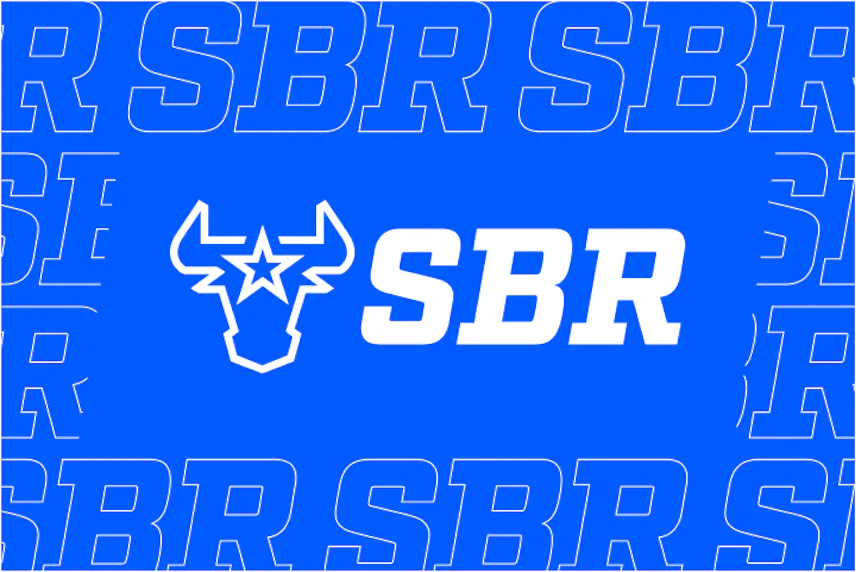DFS Officially on the IRS Radar

Last Updated: October 23, 2020 8:37 AM EDT • 4 minute read X Social Google News Link


The days of daily fantasy sports (DFS) avoiding the taxman may finally be over. The Internal Revenue Service (IRS) has signaled recently that DFS is officially on their radar with two statements the last four months tying the platform to legal gambling in the US. With that, it seems that taxing the DFS may be inevitable for both operators and the millions that take part in daily fantasy sports.
“This feels like it was a long time in coming,” said tax attorney Brad Polizzano, a senior manager with Baker Tilley US, and expert on taxes with regard to the gambling industry. “Sometimes, the Service (IRS) looks at an issue that it gets around to sooner or later, and in this case, it’s certainly later — but it has let it be known that it considers DFS to be gambling.”
The Reasons Put Forward
A statement released last week by the IRS discussed PLR 202042015 - the body's justification for potential taxation of DFS. It directly ties the fees paid to DFS providers to a wagering transaction, citing Section 165 (d) from the Internal Revenue Code. Simply put, DFS fees, in the eyes of the IRS are gambling expenses that fall under the current tax code.
According to the IRS: “DFS transactions are similar to poker and other wagers in which a player’s skill is a component of the game but it does not dictate the outcome. As such, the argument that DFS transactions are excluded from wagering as a game of skill are unpersuasive.”
How It Ultimately Affects DFS Companies
DFS companies have so far been able to avoid paying millions in taxes to Uncle Sam but that "loophole" could be coming to an end. It remains to be seen just what the IRS has in mind for their taxation plan going forward. Will the IRS start taxing DFS providers in the future, or will they seek retroactive payments from those companies?
DFS companies would be on the hook for a gambling excise tax that range from .25% to a more significant 2%, depending on the jurisdiction. That's big considering an estimated 75 million Americans play Fantasy Football alone and the industry saw more than $17 billion in wagers and $1.2 billion in revenue from 2018 to January of this year.
“So, the question out there is how is the IRS going to enforce it?” Brad Polizzano asked. “Are they going to now just expect these operators to remit the tax going forward or are they going to go back and examine all these DFS sites in an audit and try to figure out how to quantify how much tax should be paid? If they haven’t been filing and paying, there’s no statute of limitations."
How It Could Affect DFS Players
Obviously, if DFS providers are forced to pay taxes, they, like any other business will be looking to pass the costs on to the consumer which is, in this case, the DFS player. Higher tax rates and higher fees could become a reality for the millions of DFS users on the platform they love.
And then there is a question of if and how the IRS will take on the average DFS user. Wins and losses, like most forms of gambling, are difficult to track but could be subject to taxation in the near future.
Industry Push-Back
Obviously, DFS providers are likely to fight back on the pressures put on them by the IRS. CEO of one of the two DFS Giants Jason Robins is on record saying: “Our position continues to be, which we believe has been reaffirmed to state legislators and courts throughout the country, that DFS is not wagering.”
Robins also called out the IRS position on DFS, saying that it was “deeply flawed in its analysis.” Obviously, the DFS industry has a lot to lose depending on which way the IRS rules, so this issue isn’t going away and at the very least is likely headed for a long court battle.
News Isn't Great, Any Way You Slice It
While there are still a lot of balls in the air with regards to taxation on the DFS industry, the fact that the IRS has determined DFS entry fees as gambling expenses isn't great, any way you slice it. Once the IRS has something in its sights, it usually pursues it with all of its might.
The "DFS is NOT gambling, but rather a game of skill" argument only goes so far in the eyes of the IRS. So, it may take a while for all of the impending lawsuits to conclude but it looks like DFS will eventually fall under the “gambling” category and be subject to a related excise tax. Stay tuned.

Sportsbook Review X social